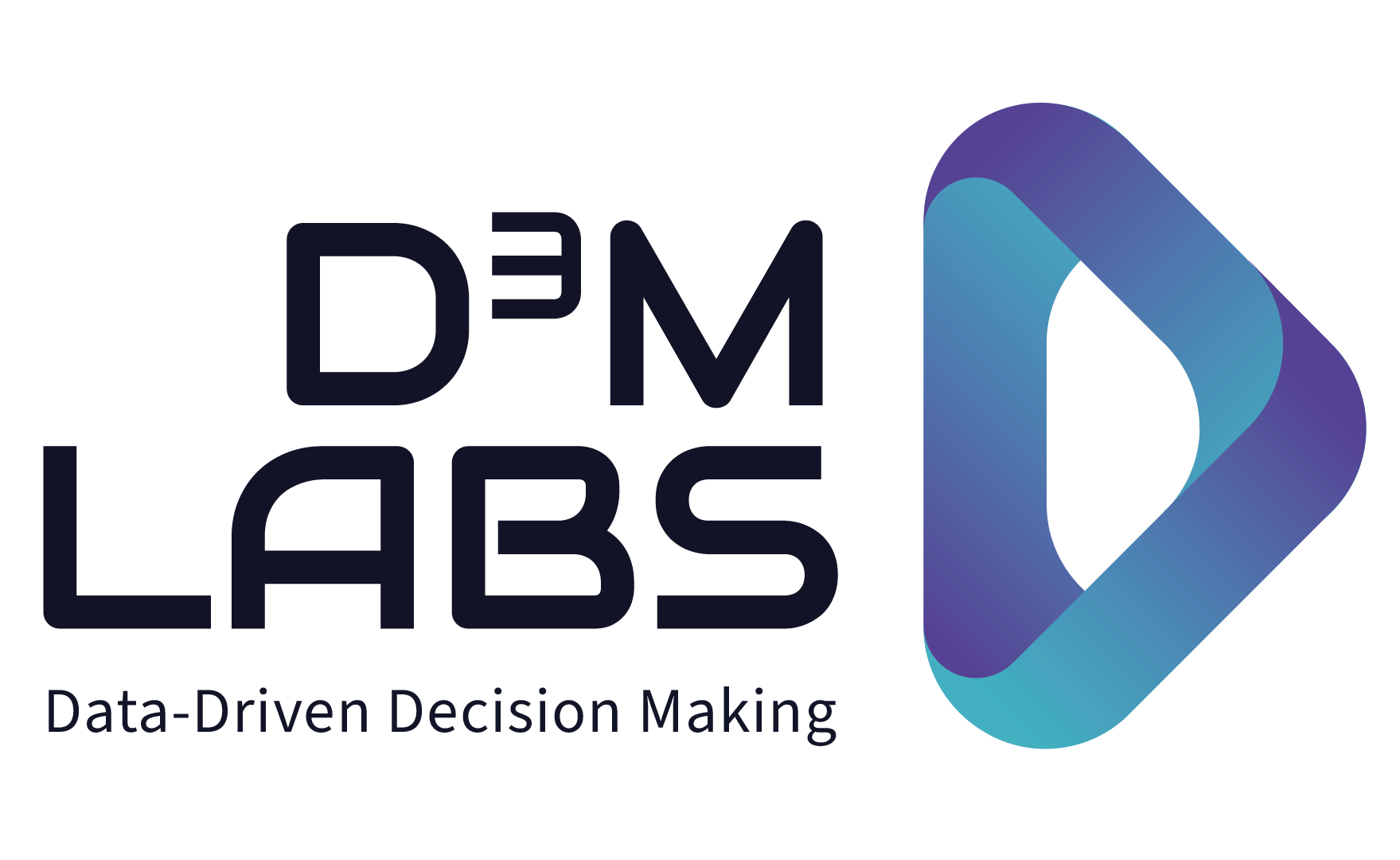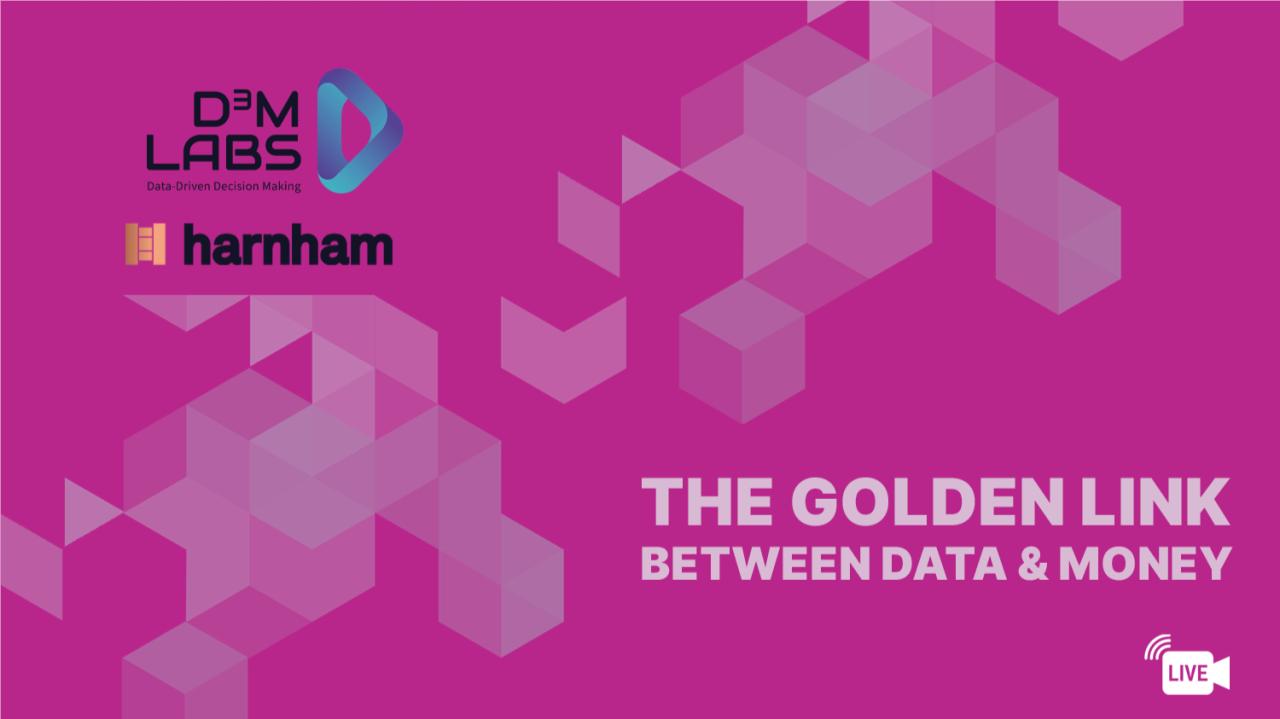Kategorie: Data Leadership
From analyst to CEO – an interview with Alfredo Carreras
Future of the Analyst, Part 2: Despite their geeky reputation, analysts often enjoy working cross-functionally, guiding data-driven decision making. According to a recent D3M Labs Poll, many of them have C-Suite ambitions. Alfredo talks about his journey from analytics to the C-Suite. He explains how a background in analytics is good training ground for data-driven CEOs. He also talks about what analysts need to learn to get the top job and excel.
Elevating the analyst – an interview with João Sousa
The Future of the Analyst, Part 1: The gap between analytics and impact can be filled with business acumen and empowerment. João Sousa talks about his journey as an analytics practitioner to McKinsey and into diagnostic analytics at a vendor. Knowing the why, understanding the root cause, is the key to driving more business value with data. The root cause and how to change something is the real way to create business impact.
Die Zukunft des Analysten
In der dreiteiligen Serie, “Die Zukunft des Analysten” wird untersucht, wie sich diese wichtige Rolle weiterentwickeln wird. Wie sieht die Zukunft der sichtbarsten Rolle in der Analytik aus, die für die Bereitstellung von Erkenntnissen verantwortlich ist? Was ist die Zukunft des Analysten?
The future of the analyst
This week D3M Labs releases the 3 part series: „The Future of the Analyst.“ Is the role of the analyst endangered? What is the future of the most visible role in analytics, and the one responsible for delivering the insight? What is the future of the analyst?
Fall in love with the problem, not the data – an interview with Mor Eini
Mor Eini’s career started in the Israeli Defense Force in the Office of the Prime Minister and took her to the VC ecosystem in Berlin. Mor Eini from APX, which is an early stage investor, explains how she evaluates a startup’s use of data. Mor also talks about the Israeli and Berlin ecosystems. She also shares her insights as a B2B investor on how data is a tool to create, foster, accelerate innovation, but data is not the innovation.
Growing the AI Guild – An interview with Dânia Meira, Co-Founder and Director of the AI Guild
The AI Guild has become a brand synonymous with AI thought leadership and expertise in the Berlin Tech Scene and beyond. Immigration, integration, sharing personal challenges and working together towards professional growth are all elements of the human story behind the technology that are talked about in this interview and retrospective.
Why managers should drink coffee: A Military Veteran’s take on change management
Neil Herzog-Gilroy is a former British Army Military Intelligence Operator. He draws on 20 plus years of experience of working with various Intelligence and Law Enforcement Agencies around the world to bring us some food for thought on how to manage change in fast paced environments where people are the most important resource.
Bridging the gap between data and money
This article was co-authored by Elizabeth Press and Peter Schroeter Data is a top priority on almost…
Data only has financial value if it can be monetized – An interview with Michael Guthammar
Having no physical form, data is an intangible asset. Data is often a contributory asset as well, its value being realized via the ability to generate profit through, for example, insight used in decision making or algorithmic-product such as a recommendation engine. Certain methods and considerations are required when valuing data.
Die Interoperabilität von Daten als Voraussetzung für Innovation im Gesundheitswesen – Ein Gespräch mit Jörg Godau
Startups im Gesundheitswesen wie doctorly sehen die Chance, mit SaaS-Plattformen, die auf offenen Standards im Gesundheitswesen basieren, das Rad neu zu erfinden. Das etablierte Gesundheitssystem basiert auf einer fragmentierten Landschaft von Softwareanbietern und Datenlösungen. Dateninteroperabilität bietet die Chance, Innovationen im Gesundheitswesen in Deutschland und darüber hinaus zu ermöglichen.









